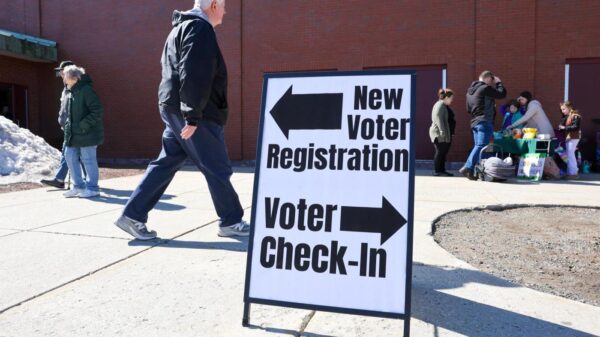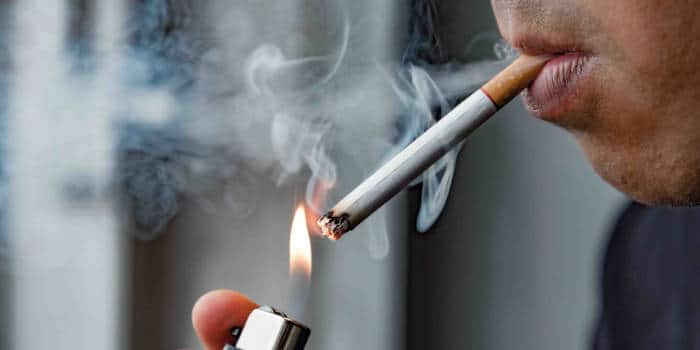URGENT UPDATE: Anti-smoking advocates are calling for immediate action from Las Vegas casinos to end the smoking exemption on gaming floors. The plea comes as tourism in Las Vegas continues to struggle, with Americans for Nonsmokers’ Rights asserting that maintaining a smoke-friendly environment could be detrimental to the industry’s future.
Recent data indicates that 90% of Americans are non-smokers, yet casinos in Sin City still permit smoking in gaming areas. This policy may be pushing away a younger demographic that is increasingly health-conscious and less likely to visit establishments where smoking is allowed. According to Cynthia Hallett, president and CEO of Americans for Nonsmokers’ Rights, “Health-conscious young people who have never experienced widespread indoor smoking will be much more likely to visit casinos that don’t permit it.”
In a recent conversation on Fox News with podcast host Robby Starbuck, the discussion highlighted a significant shift in gambling habits among younger generations. Starbuck noted that only 6% of adults under 30 reported smoking in the past week, a stark decline from the 35% recorded in the 2000s. He indicated that many young people prefer online gambling, further distancing themselves from traditional casino experiences that include smoke-filled environments.
The advocacy group argues that the current approach of catering to smokers is not only outdated but potentially harmful to the long-term viability of the Las Vegas gaming industry. As tourism numbers continue to dwindle, the call for smoke-free gaming floors reflects a broader trend across the nation, with more states moving towards smoke-free legislation.
Las Vegas casinos are at a crossroads. As they face an ongoing economic slowdown, the resistance to adopting a smoke-free policy could alienate future patrons. Advocates suggest that casinos must prioritize attracting younger gamblers instead of clinging to the outdated notion that smokers are vital to revenue.
This urgent call to action resonates deeply with the changing preferences of consumers. If casinos fail to adapt, they risk losing a crucial segment of the market that prioritizes health and comfort over tradition. The need for a smoke-free casino experience is no longer just a preference; it is becoming a requirement for attracting the next generation of gamblers.
As the discussion unfolds, stakeholders within the casino industry are urged to reconsider their policies. The potential economic impact could be substantial, and the time for decisive action is now.






































































